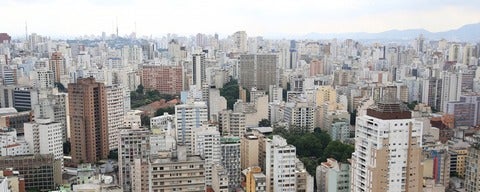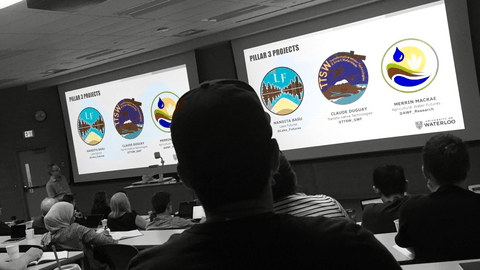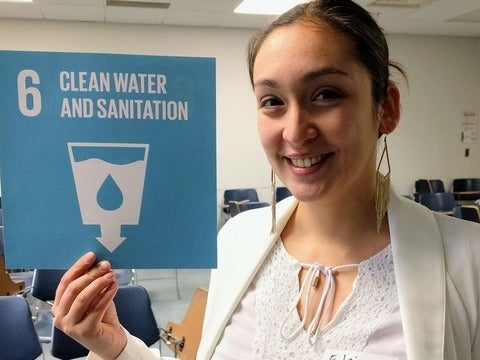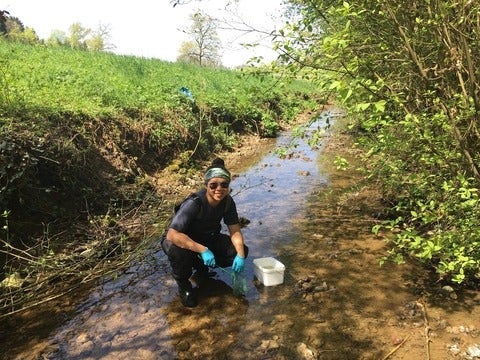Water Institute intern visually depicts years of Ontario shoreline cleanup data
Underscores value of citizen science and linking with stakeholders to refine and share research results
Nearly 95,700 Great Canadian Shoreline Cleanup volunteers hauled approximately 263,000 kilograms of litter from Ontario shorelines between 2010-17. Volunteer citizen scientists have logged the amounts and types of litter they have found during their community cleanups, however this information has not often been utilized by researchers to explore notable trends over extended time periods.









